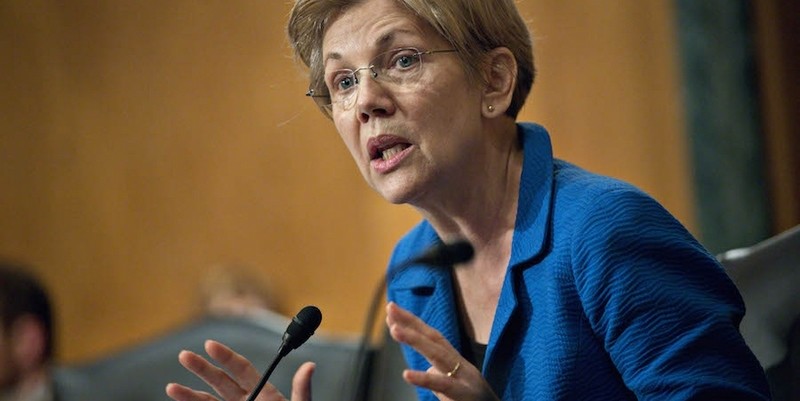Employees don't just leave behind pens and pencils when they leave an employer. They also tend to forget their retirement savings, a habit targeted by a new bill.
Sens. Elizabeth Warren, D-Mass., and Steve Daines, R-Mont., introduced the Retirement Savings Lost and Found Act Tuesday, a bill that would create a national online database of abandoned retirement plans constructed from data that employers already must report.
“This means that with the click of a button, any worker can locate all of their former employer-sponsored retirement accounts,” states a
fact sheet about the measure. “No more lost accounts — ever.”
The bill is the second retirement-related measure Ms. Warren has
introduced with a Republican recently.
She said the latest bill is a way to address the country's “retirement crisis.”
“Today, millions of Americans are losing critical savings when they move between jobs,” Ms. Warren said. “This bipartisan bill will help protect the retirement savings employees have earned.”
The lawmakers expressed alarm that workers are not keeping track of the retirement funds they accumulate as they switch jobs.
They cited a 2015
report by fund manager TIAA that found that 30% of employees neglect accounts at previous employers.
A 2014 Government Accountability Office study said millions of employees have left two or more accounts behind.
The trend will be exacerbated, the senators said, by the frequency with which young workers change jobs and the fact that auto-enrollment often launches retirement plans that employees don't know exist.
“The proliferation of small accounts is costing Americans tens of billions of dollars every year in lost savings because of cash-outs and redundant fees, and that doesn't include lost savings from missing accounts,” the fact sheet states. “And this is at a time when Americans are already $7.7 trillion short on what they need for retirement.”
Other provisions in the bill make it easier for employers to shift small “orphaned” accounts into target-date funds and allow funds with balances of less than $1,000 to be invested in Treasury securities.







